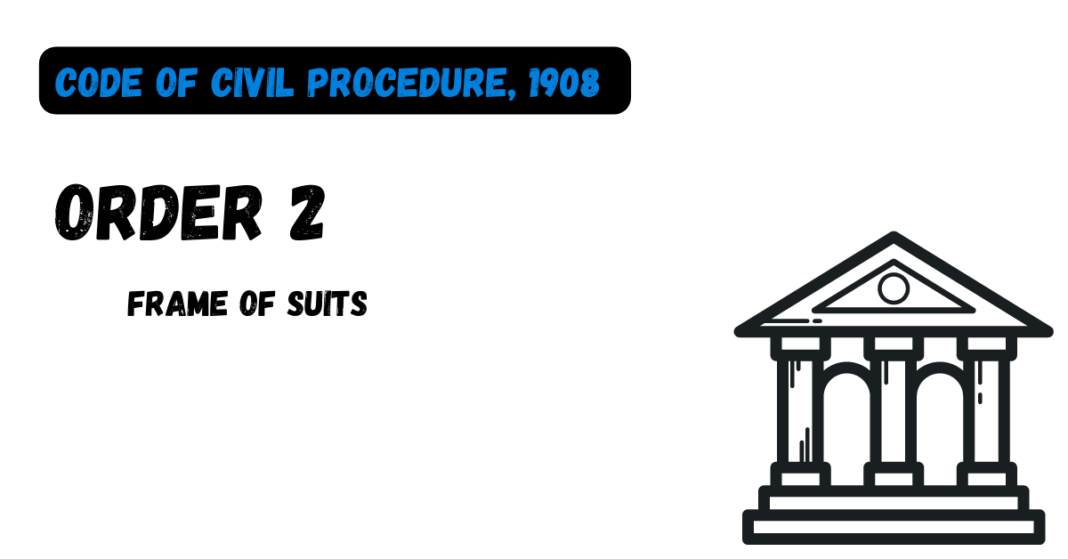1. Frame of suit.—Every suit shall as far as practicable be framed so as to afford ground for final decision upon the subjects in dispute and to prevent further litigation concerning them.
2. Suit to include the whole claim.—(1) Every suit shall include the whole of the claim which the plaintiff is entitled to make in respect of the cause of action; but a plaintiff may relinquish any portion of his claim in order to bring the suit within the jurisdiction of any Court.
(2) Relinquishment of part of claim.—Where a plaintiff omits to sue in respect of, or intentionally relinquishes, any portion of his claim, he shall not afterwards sue in respect of the portion so omitted or relinquished.
(3) Omission to sue for one of several reliefs.—A person entitled to more than one relief in respect of the same cause of action may sue for all or any of such reliefs; but if he omits, except with the leave of the Court, to sue for all such reliefs, he shall not afterwards sue for any relief so omitted.
Exaplanation.—For the purposes of this rule an obligation and a collateral security for its performance and successive claims arising under the same obligation shall be deemed respectively to constitute but one cause of action.
Illustration
A lets a house to be at a yearly of rent Rs. 1,200. The rent for the whole of the years 1905, 1906 and 1907 is due and unpaid. A sues B in 1908 only for the rent due for 1906. A shall not afterwards sue B for the rent due for 1905 or 1907.
3. Joinder of causes of action.—(1) Save as otherwise provided, a plaintiff may unite in the same suit several causes of action against the same defendant, or the same defendants jointly; and any plaintiffs having causes of action in which they are jointly interested against the same defendant or the same defendants jointly may unite such causes of action in the same suit.
(2) Where causes of action are united, the jurisdiction of the Court as regards the suit shall depend on the amount or value of the aggregate subject-matters at the date of instituting the suit.
4. Only certain claims to be joined for recovery of immovable property.—No cause of action shall, unless with the leave of the Court, be joined with a suit for the recovery of immovable property, except—
(a) claims for mesne profits or arrears of rent in respect of the property claimed or any part thereof;
(b) claims for damages for breach of any contract under which the property or any part thereof is held’; and
(c) claims in which the relief sought is based on the same cause of action:
Provided that nothing in this rule shall be deemed to prevent any party in a suit for foreclosure or redemption from asking to be put into possession of the mortgaged property.
5. Claims by or against executor, administrator or heir.—No claim by or against an excecutor, administrator or heir, as such, shall be joined with claims by or against him personally, unless the last mentioned claims are alleged to arise with reference to the estate in respect of which the plaintiff or defendant sues or is sued as executor, administrator or heir, or are such as he was entitled to, or liable for, jointly with the deceased person whom he represents.
6. Power of Court to order separate trials.—Where it appears to the Court that the joinder of causes of action in one suit may embarrass or delay the trial or is otherwise inconvenient, the Court may order separate trials or make such other order as may be expedient in the interests of justice.
7. Objections as to misjoinder.—All objections on the ground of misjoinder of causes of action shall be taken at the earliest possible opportunity and, in all cases where issues are settled, at or before such settlement, unless the ground of objection has subsequently arisen, and any such objection not so taken shall be deemed to have been waived.





